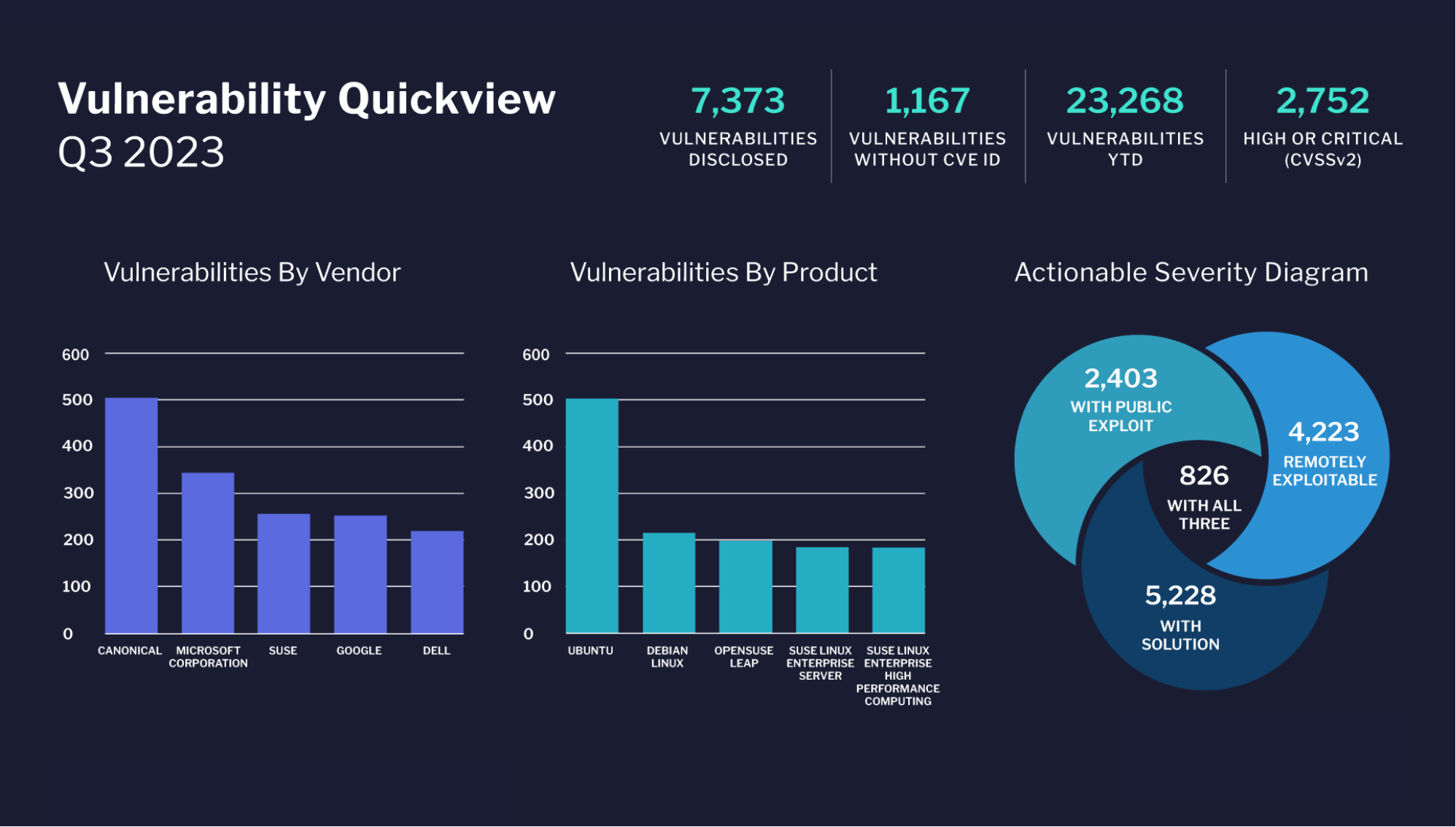(Updated: 02.16.2024)
Most businesses today rely on data collected online to better understand their customers and deliver more personalized products, services and experiences. These insights can be transformative for an organization, especially when the right data from a variety of sources is coupled with tools like artificial intelligence (AI) effectively. But unlocking these insights isn’t without a challenge.
Nearly three-quarters of Americans today are “very” or “extremely” concerned over their online privacy. And new restrictions, like GDPR, e-Privacy and US state laws, are putting the rights of data subjects to the foreground.
With more consumers and governing bodies worldwide demanding greater data dignity, businesses must prioritize balancing personalization with privacy and protection. Doing this requires trust and reciprocation.
It’s imperative to remember that customers will be more open to sharing info when they trust a brand and know what their data will be used for. So, many businesses may need to cultivate trust by taking more control and accountability of their data collection, storage and processing. This can help businesses develop respectful customer relationships while still using the latest tools to uncover meaningful insights.
Third-party tracking tools, employing methods like cookies, have long been instrumental in monitoring and monetizing user data. As highlighted by a statement from Apple CEO Tim Cook, “Privacy is a fundamental human right” (Apple). Yet, with the emergence of stringent data privacy regulations and initiatives, the landscape of third-party tracking is experiencing a seismic shift.
Google’s announcement to phase out third-party cookies signifies a watershed moment. Sundar Pichai, CEO of Alphabet Inc., Google’s parent company, states, “We believe that a more private web ecosystem is critical for the future of the internet” (Google). This move underscores a commitment to prioritize user privacy and reshape digital advertising practices.
In response to these regulatory and technological shifts, companies are recalibrating their strategies to foster transparent and privacy-respecting relationships with customers. As articulated by Doug McMillon, CEO of Walmart, “Trust is built over time by doing the right thing and delivering on our promises” (Walmart). Prioritizing the collection of first-party data and adopting transparent data practices have emerged as imperative steps in this endeavor.
This fundamental transition toward consumer-centric data practices marks a pivotal moment in how businesses navigate the evolving digital landscape while upholding user privacy and trust.
Most customers want businesses to understand why they are interested in certain services or products. However, if customers don’t have a strong relationship with a brand or don’t know how or why their data is collected, they may feel “creeped” out or subjected to unneeded surveillance for the sake of an advertising profile.
One problem is the “track everything approach,” which is a dated practice that vendors use to capture “everything” as fast as possible for quick analytics, in case data may be useful later. This approach is contributing to greater consumer suspicion and resentment toward third parties that track users across brands and websites.
For example, many have become dissatisfied with Meta (previously Facebook) because the level of data capture built into Meta’s products was higher than that needed to provide great service. This same sentiment will be echoed worldwide in every type of data transaction. Just look at Subway, who fell into trouble for not telling workers how their biometric data would be used and for how long it would be kept.
![]()
To balance personalization and privacy, many businesses will shift from focusing on understanding everything possible about customers to understanding them “well enough” at an appropriate level necessary for services.
In the long term, companies that rely on third-party web analytics solutions and prepackaged tools will struggle to protect privacy while achieving solid marketing attribution and personalization.
To succeed, businesses should take ownership of their data and data processing infrastructure, so they can use it responsibly and fit it for specific purposes. This may require clearly defining what data to capture about users and how to ensure that data is only used in ways that are clearly understood by customers and the organization. If third parties are involved, businesses should make sure customers understand why they are used and are ok with their data being shared.
Taking control of where data is stored is also important. This could include migrating data to your cloud of choice to ensure complete ownership of it. Additionally, controlling who, externally or internally, has access to data can help. For instance, a customer support specialist may need specific data to serve customers personally. But product teams may not need individual user data because they could analyze cohorts to study product effectiveness.
Though privacy is increasingly important, the race to use data better is not slowing. So, in addition to limiting the quantity of unnecessary data collected, organizations may also want to ensure that the data they do gather is meaningful enough to power advanced analytics and AI-driven predictions. Doing this may require fixing an overreliance on third party tools and removing data preparation bottlenecks.
For instance, if a business implements an end-to-end platform on its own cloud, they may be able to unify data better and customize how it is defined and categorized, even if it is gathered from numerous sources, like webhooks, IoT servers and more. Businesses can also prep their own data lake, warehouse or event stream to optimize its context and form for business intelligence and AI. This can help supply less biased data that looks at broader behavioral context for improved predictions.
It’s nearly impossible to draw universally clear boundaries between privacy and personalization, as every individual has unique comfort levels. However, when customer experience is improving, users tend to be comfortable with how trusted brands use data.
That said, organizations need to guard against approaches seen as intrusive while being open with customers about why and how their data is used. To do this, many companies can benefit from reassessing their data reporting and collection to see if they need to track certain personally identifiable data, and if so, how much is really needed.
When customers realize companies are collecting their info, but have no idea how their data will be used, they may worry, especially if a company knows too much personal info. Businesses should reverse this trend by being transparent and honest about the data they collect, how it is being gathered and how it is being utilized.
Whenever possible, businesses should engage customers in a continual conversation that helps cultivate trust. This could mean emphasizing that a business is not relying on dishonest data collection or third parties, or educating customers on their options to customize a site’s data collection to match their preferences.
Smart organizations are already building data capabilities that will protect them against new privacy rules and enable them to continue delivering personalized, relevant experiences. So, the time is right for many to reassess how they can take control of their data and build deeper, more contextual insights without violating privacy. Those who fail to do this may push away customers and could lose the advantages that quality data coupled with AI can offer.
By Alex Dean





